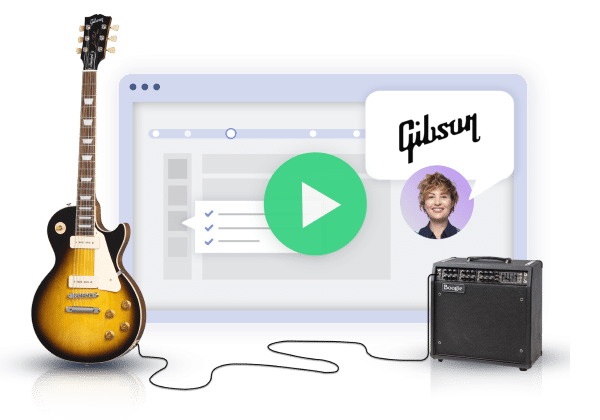Modern marketers are no strangers to the constant stream of new, innovative channels and tools. In fact, these new technologies are entering the market at such a fast rate that marketers risk being overwhelmed and falling behind on the latest trends. Marketers aim for the best means of communication between themselves and the customer, and tactics and trends such as personalized marketing strategies have become the ultimate tool for today’s digital marketers to achieve this target.

For B2C marketers, the challenge to remain contemporary can be even more difficult, as not only do they have to stay ahead of digital marketing industry trends, they must also work with ever-changing consumer needs and preferences.
One of the biggest overarching themes in B2C marketing today is the concept of personalization: using customer data collection and analysis to deliver truly one-to-one content to target audiences, thus engaging current and potential customers by communicating with them as individuals, not members of a segment or list.
These personalized marketing trends have become increasingly popular among consumers, and a recent Forrester study reported that 77% of consumers have chosen, recommended, or paid more for a brand that provides a personalized service or experience. Additionally, according to a Loyalty 360 article, over 78% of consumers will only engage with offers if they have experienced personalization in their previous brand engagements. Those aren’t numbers brands can afford to ignore.
Top 6 B2C Personalized Marketing Trends
So, what are the personalized marketing trends and technologies, both current and future, B2C marketing experts should be looking at to stay ahead of the game? Here’s what you should be expecting:
1. Marketing Automation Solutions
To provide the level of personalized content today’s consumers are looking for, brands must collect and analyze a vast amount of customer information. The sheer volume of data needed is overwhelming to even the largest marketing teams, who are constantly being pressured to do more with less. However, marketers have marketing automation to support these efforts, collecting and combing through necessary data, and either streamlining, or eliminating altogether, the more tedious day-to-day tasks. This frees up time for more business-imperative tasks, which can increase leads, drive conversions, and ultimately generate more revenue.
2. Artificial Intelligence Marketing
Artificial Intelligence Marketing, or AIM, is one of the fastest-growing and most highly anticipated digital marketing innovations in history. Combined with big data and machine learning, AIM has revolutionized marketing by providing highly targeted, personalized consumer experiences that cost significantly less than traditional high-dollar campaigns. All of the aforementioned data collected by brands can be segmented and analyzed beyond human capabilities, using AIM solutions.
These findings allow marketers to enable highly personalized and intelligent campaigns and execution. Every interaction a prospect or customer has with a product or solution is utilized for future optimization.
3. Incentive Recommendations
As part of the approach to AIM, marketers can implement personalized incentive recommendations to further deliver one-to-one experiences to their customers. AIM technology can analyze campaign launch lists and identify which customer will most likely react to which level of incentive, then ensure that the most effective incentive is assigned to each individual. To sum it up, instead of sending the same offer to an entire list of current and/or potential customers, marketers can define the desired incentive range. Then, the AI will take the information for each customer and offer a personalized incentive recommendation on a case-by-case basis.
4. Product Recommendations
Along with personalized incentive recommendations comes personalized product recommendations. Using AI and automation technologies, marketers can automatically customize the product recommendation experience. The technology knows what each individual customer cares about, and is then able to include only the content they are actually interested in seeing. Customers then feel like their brand really ‘gets’ them, fostering increased loyalty.
5. Multi-Channel Content
Marketers are not just fighting competition in the traditional ways anymore. Today’s customer has multiple channels and devices where they are inundated with advertising hundreds of times every single day. By identifying and responding to the preferred channel and device for each contact, brands can cut through the noise.
6. Data-Driven Marketing
When it comes to highly personalized content, marketing experts need to implement data-driven plans. It is the only way to know where customers are, what content they will engage with, and on what device or platform. Data-driven marketing means leveraging data-backed insights and metrics to maximize success and form predictions about future behaviors. It is one of the most efficient ways to ensure a brand’s marketing is at the level of personalization required today.
Final Thoughts
The demand for personalization at each point in the customer journey is higher than ever before. Ensuring your marketing strategy is tailored to each customer will make them feel more engaged and loyal to your brand, and that loyalty can be a brand’s greatest current and future asset.
Discover how Emarsys can provide your organization with the right personalized marketing tools to help you become a better business.
Related Articles:














